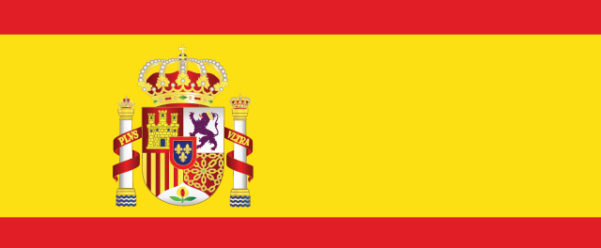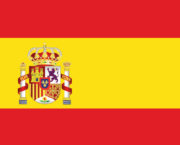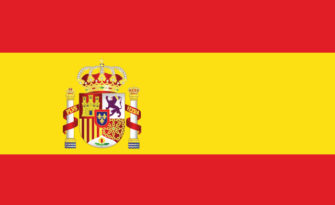The Online Journey
Despite the slow up take on the online gambling laws, the Spanish government would quickly begin to revolutionise such an area in the year of 2010. In actuality, the movement for this began in 2002, but delays lasted until eight years later. The law finally came in to effect in 2012 as part of Law 13/2011 on Gambling, which created a framework for licensing operators in the country. Over 70 different gambling operators have been licensed since that time. This law, a small section of the 2011 Spanish Gambling Act, spreads to just about all sectors of online gambling, including poker and sports betting.
At this time, the resulting online gambling environment brought in a million players before the year was ended. Alas, the fact that a 25% tax rate was included in the law, as well as a few more strict regulations pertaining to such forced many operators to rethink the situation and bow out. Despite this, the online market is still in full force, with over half of online gamers involving themselves in sports betting, and another 40% playing poker via the internet.
As far as online casinos go, which feature slots and exchange betting, these were strictly banned in the country until as recently as a couple of years ago. It wouldn’t be until the middle of 2014 that lawmakers within Spain would alter the regulations around in order to officially and legally introduce such products to the market. Because of this, licences began being accepted and handed out by the regulatory body, with several new platforms coming in to the fold at the beginning of 2015. These changes were very much welcomed by the international online gambling community, the government has faced somewhat of a backlash from many of the country’s top land-based establishments, and with good reason. With more and more things taking place online, the threat to such brick and mortar locations could be considered quite vast on the whole.














